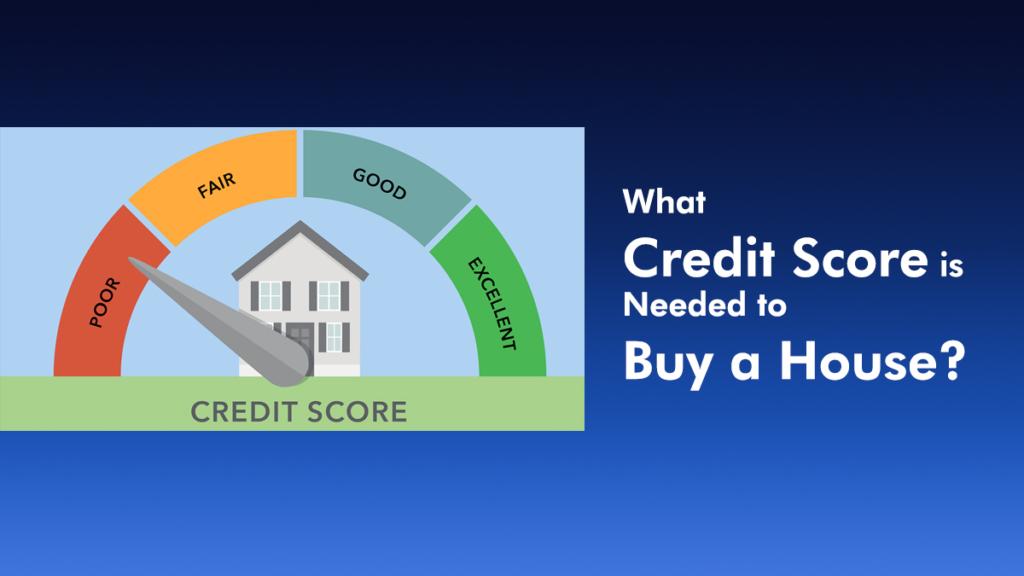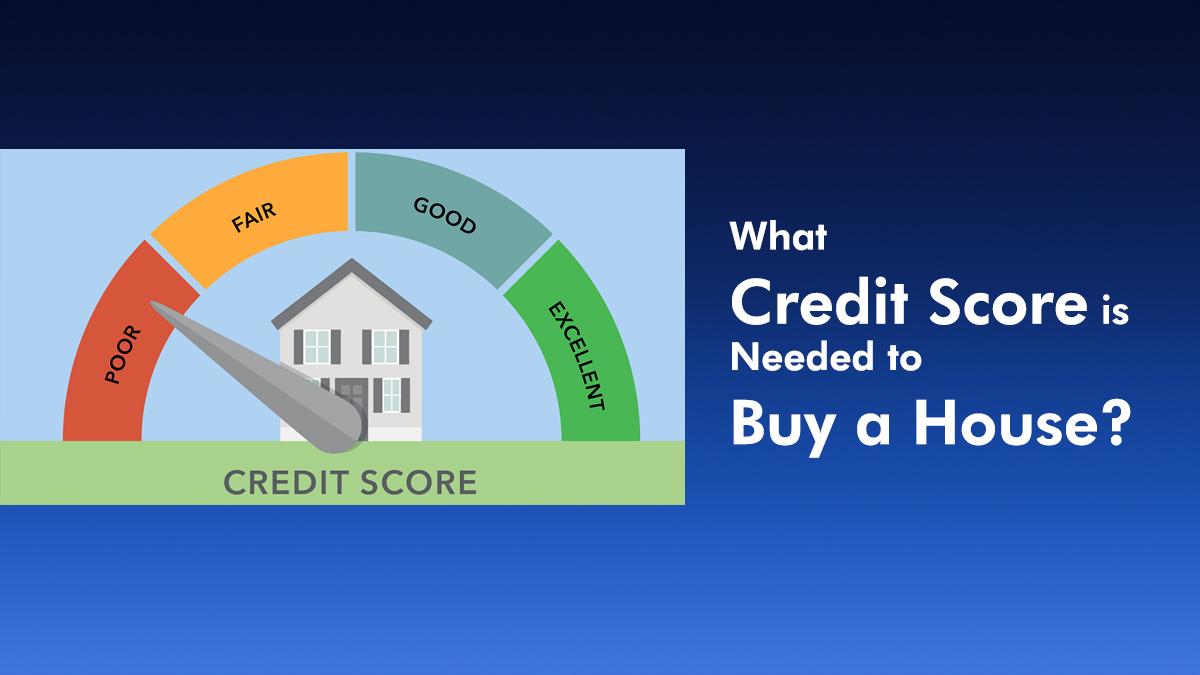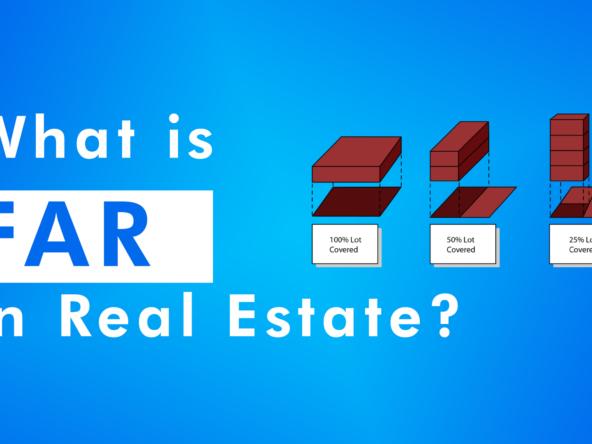Buying a home is a milestone many aspire to, but one of the first steps in the process is understanding the role of credit scores in securing a mortgage. Credit scores can influence the types of loans available to you, the interest rate you’ll pay, and even the amount of your down payment. This blog will explore the credit score requirements for various types of mortgages, how credit impacts homebuying, tips to improve your score, and common questions about credit scores when buying a house.
1. What is a Credit Score, and Why Does It Matter?

A credit score is a three-digit number, typically between 300 and 850, that reflects your creditworthiness. It’s calculated based on factors like your payment history, debt-to-credit ratio, length of credit history, credit mix, and recent credit inquiries. The higher the score, the more favorable you look to lenders as a borrower.
Lenders use your credit score to assess risk. A higher score often means you’re likely to repay your mortgage on time, so you may receive better loan terms, like a lower interest rate or a lower down payment requirement. A lower score might mean higher interest rates or fewer loan options, and in some cases, a score that’s too low can disqualify you from getting a mortgage altogether.
2. Minimum Credit Scores for Different Loan Types
The minimum credit score needed to buy a house varies depending on the type of mortgage you’re applying for. Here are the typical requirements:
a. Conventional Loans
Conventional loans are not backed by the government and are often offered by private lenders. They typically have higher credit score requirements than government-backed loans.
- Minimum Credit Score: 620
- Optimal Score: 740 and above for the best rates
- Down Payment: Often 3% to 20%, with private mortgage insurance (PMI) required if less than 20% is put down.
While a 620 score is usually the baseline, borrowers with scores closer to 740 will qualify for better rates. Conventional loans also take other factors into account, such as income, employment history, and down payment amount.
b. FHA Loans
FHA (Federal Housing Administration) loans are government-backed and designed for first-time or lower-income homebuyers who may have lower credit scores.
- Minimum Credit Score: 500 with a 10% down payment, 580 with a 3.5% down payment
- Optimal Score: 620 or higher for better rates and terms
- Down Payment: 3.5% to 10%, depending on credit score
FHA loans are more forgiving of lower credit scores, making them a popular option for those with past credit issues. However, they come with upfront and annual mortgage insurance premiums.
c. VA Loans
VA (Veterans Affairs) loans are available to veterans, active-duty military members, and eligible spouses. These loans are backed by the VA, allowing lenders to offer favorable terms.
- Minimum Credit Score: Typically 580 to 620, though there’s no official minimum set by the VA
- Down Payment: Often none required, as VA loans allow for 100% financing
- Mortgage Insurance: None, though a funding fee may apply
VA loans provide competitive rates and flexible terms for those who qualify, with no down payment requirements in many cases.
d. USDA Loans
USDA (United States Department of Agriculture) loans are designed to help people buy homes in rural or suburban areas. These loans are meant for low- to moderate-income borrowers.
- Minimum Credit Score: 640 for streamlined approval; some lenders may accept lower with manual underwriting
- Down Payment: No down payment required
- Mortgage Insurance: Required as an annual fee
USDA loans are ideal for buyers who want to live in rural areas, and they provide an affordable path to homeownership with no down payment.
3. Why Higher Credit Scores Lead to Better Mortgage Rates
Higher credit scores translate to lower interest rates, as lenders see borrowers with high scores as less risky. Even a small reduction in interest rates can lead to substantial savings over a 15- or 30-year mortgage term.
For example, if you’re approved for a $300,000 mortgage, a 0.5% difference in interest rate can save or cost you thousands over the life of the loan. Here’s a hypothetical scenario:
- Interest Rate for 740+ Credit Score: 3.5%
- Interest Rate for 620 Credit Score: 4.5%
Over a 30-year mortgage, the difference in interest paid could be significant. For this reason, it’s beneficial to work on improving your credit score before applying for a mortgage, even if you already meet the minimum requirement.
4. How to Improve Your Credit Score Before Buying a Home
If your credit score falls short or could benefit from improvement, there are several steps you can take to boost it:
a. Pay Bills on Time
Payment history is the largest factor in your credit score, so ensure that all bills, including credit card, utility, and loan payments, are paid on time. Consider setting up automatic payments to avoid missed due dates.
b. Reduce Credit Card Balances
Keeping your credit utilization below 30% of your total available credit is ideal. High balances can negatively impact your score, so try to pay down your credit cards to improve your debt-to-credit ratio.
c. Avoid Opening New Credit Accounts
Applying for new credit can temporarily lower your score due to a “hard inquiry” on your credit report. Avoid opening new accounts before you apply for a mortgage, as this could affect your score and debt-to-income ratio.
d. Dispute Errors on Your Credit Report
Review your credit report for any errors or outdated information. Disputing inaccuracies can quickly improve your score if resolved. You can get a free credit report from each of the three major bureaus—Experian, Equifax, and TransUnion—once a year at AnnualCreditReport.com.
e. Pay Off Small Debts
Eliminating smaller debts can have a positive impact on your score, as it frees up your available credit and improves your overall debt profile.
5. Frequently Asked Questions
What is the best credit score to buy a house?
While it depends on the loan type, a score of 740 or higher generally qualifies you for the best interest rates and terms. However, you can buy a house with a score as low as 500 if you’re using an FHA loan and meet other qualifications.
How quickly can I improve my credit score?
Improving your credit score can take a few months to a year, depending on your starting point and the actions you take. Paying down debt, disputing errors, and avoiding new credit inquiries can lead to gradual improvement over time.
Does checking my own credit score affect it?
No, checking your own score is considered a “soft inquiry” and does not affect your credit. In fact, regularly checking your score is a good habit, as it helps you monitor your credit health and identify issues early.
Can I buy a house with no credit score?
Yes, but it may be more challenging. Lenders might require additional documentation, such as proof of regular bill payments (rent, utilities, etc.), and may only offer certain loan types. FHA loans, for example, are often more flexible for buyers without a traditional credit history.
Conclusion
Credit scores play a pivotal role in the homebuying process, affecting everything from loan options to interest rates and down payment requirements. While minimum score requirements vary depending on the type of loan, aiming for a score of 620 or higher generally opens more doors. Buyers with scores above 740 typically get the best rates, making it worthwhile to invest time in improving your credit if it’s below this range.
If you’re planning to buy a house, review your credit report, identify areas for improvement, and take proactive steps to boost your score. With some preparation, you can secure a mortgage that fits your budget and long-term financial goals.




